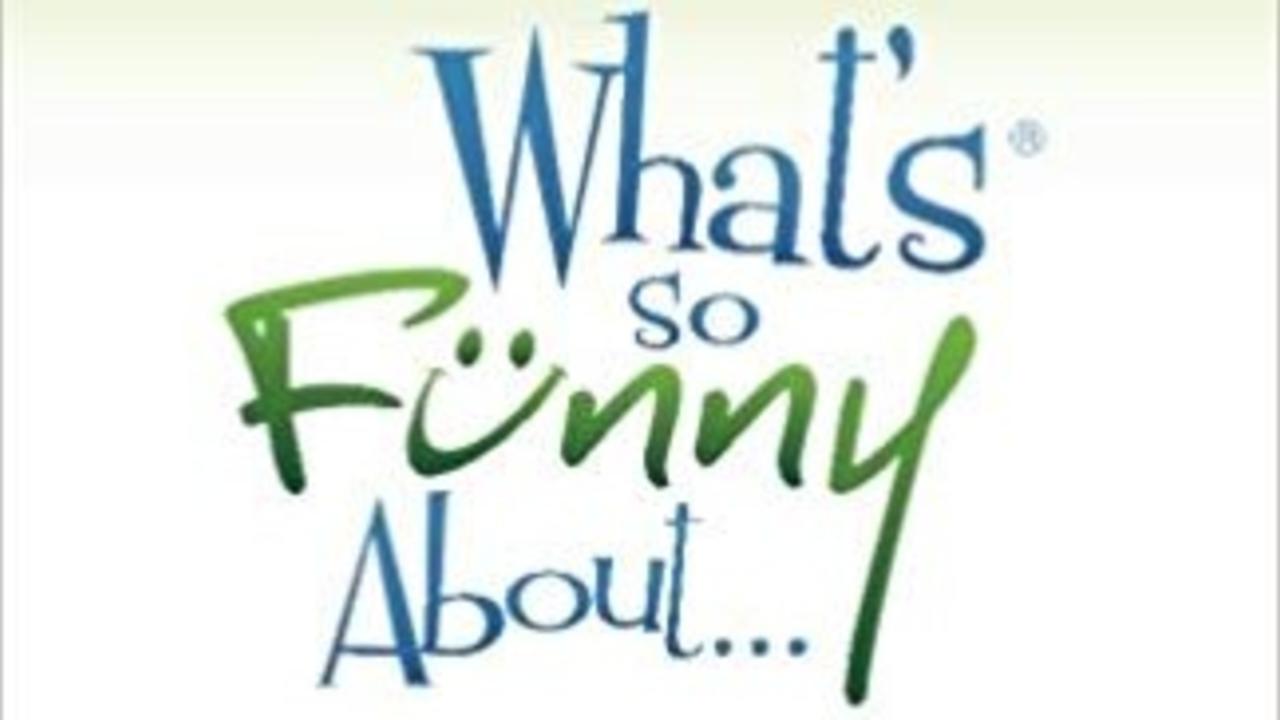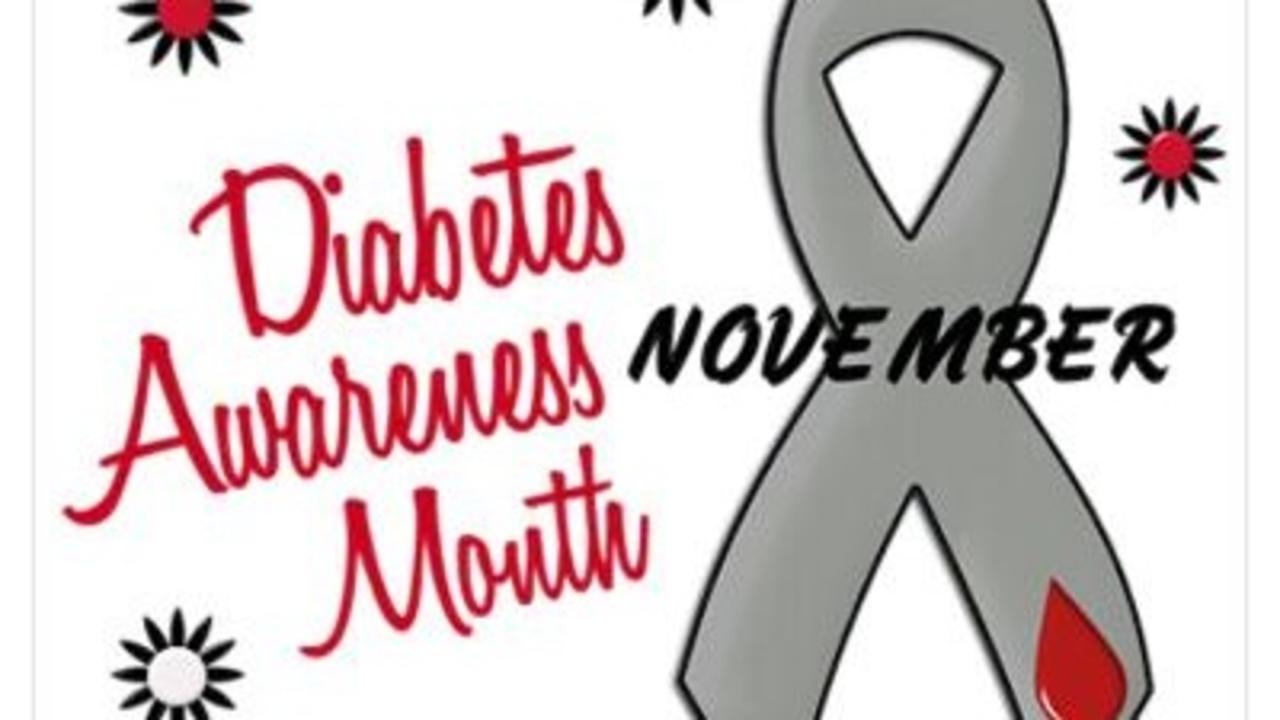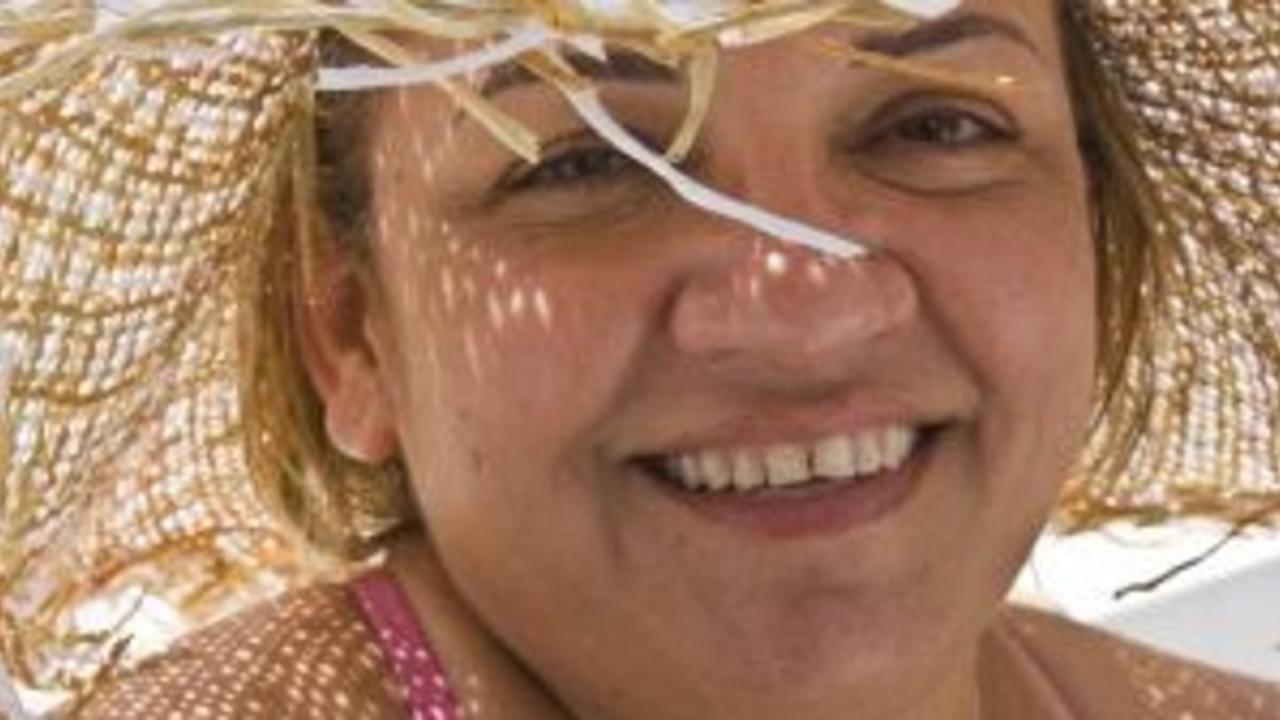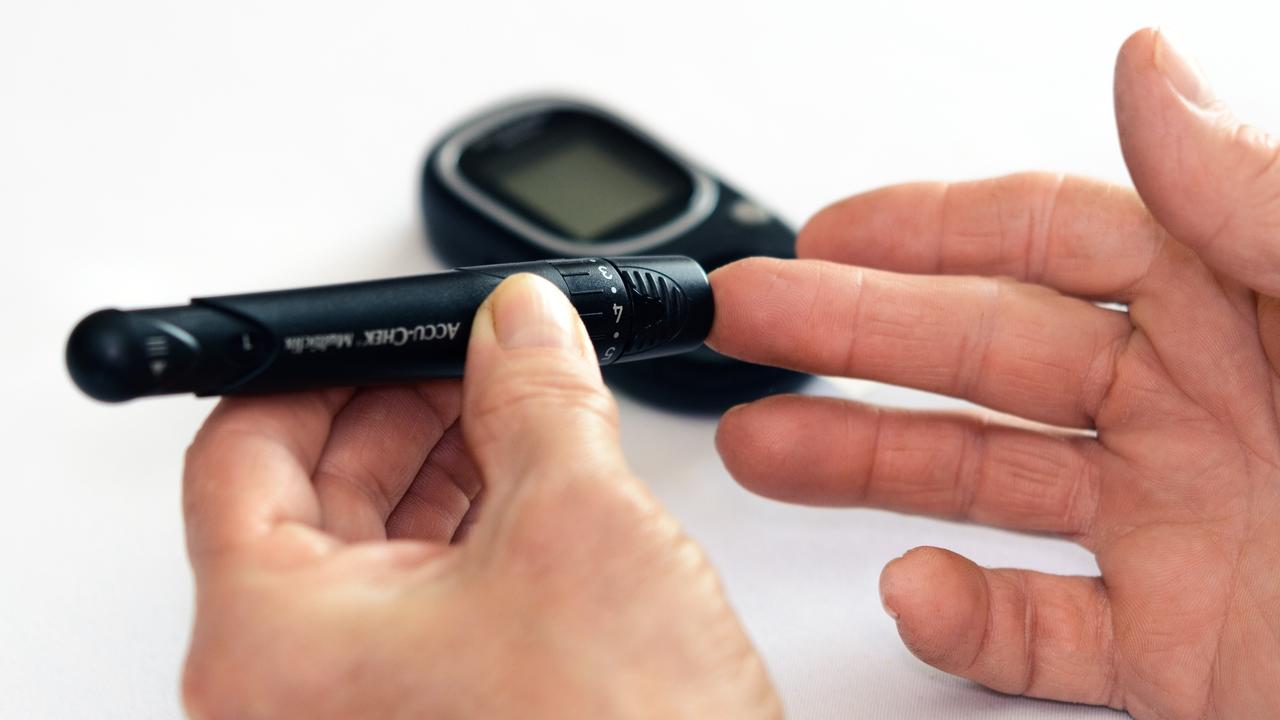Catching up with Karyn
What's So Funny About Oncology Nursing?

Some of my favorite people in the world are oncology nurses. If you ever want to meet a group of smart, skilled, and passionate healthcare providers, look to the oncology nurses. They’re there day in and day out on the front lines, providing exceptional care and essential emotional support, to people with cancer. And if you ever want to meet a group of nurses who know the value of a well-timed laugh – oncology nurses can help you with that as well.
Faced with the stark and bleak side of healthcare, oncology nurses have a finely tuned appreciation for the silly and bizarre. To this day, I remember the reaction of the oncology nurse who was treating my college-aged son David when he introduced one of his best buds as Tonto.
“If he’s Tonto,” the nurse asked Adam, “then who are you?”
With a great big grin, my son rubbed his balding head and announced, “I’m his Chemo-sabi!”
Sometimes those laughs come exactly when you need them. Other times, you need to be proactive in your search for h...
Karyn's On The January Jones Show!

 That's where you'll find me -Karyn Buxman, RN, neurohumorist, and author of What's So Funny About... Heart Disease?: A Creative Approach to Coping with Your Condition
That's where you'll find me -Karyn Buxman, RN, neurohumorist, and author of What's So Funny About... Heart Disease?: A Creative Approach to Coping with Your Condition- sharing the latest research on humor and healing for the person who has heart disease.
Did you know that laughing for half an hour a day can reduce your bad cholesterol by up to 66%? When you have heart disease, cholesterol control is job number one. Enjoying humor doesn't replace conventional treatment or prescription medications - but it's a fun, free, and effective way to make successfully managing your heart disease easier.
Listen to the January Jones interview here! If you like what you hear, don't forget to tell your friends about it on Facebook and Twitter. Sharing laughter is one way we can improve everybody's heart health!
What's So Funny About OR Nursing?

 We'd been called in for an emergency bowel obstruction. Our scrub nurse had some bad gas - don't ever trust the cafeteria's tacos! In the middle of the procedure, the surgeon starts freaking out. "I nicked the bowel! Don't you smell that?" He ran the bowel over and over before he was finally satisfied that it was intact, and he closed. Afterward, when I talked to the scrub nurse about it, she said, "What was I going to do - tell him I farted?!"
We'd been called in for an emergency bowel obstruction. Our scrub nurse had some bad gas - don't ever trust the cafeteria's tacos! In the middle of the procedure, the surgeon starts freaking out. "I nicked the bowel! Don't you smell that?" He ran the bowel over and over before he was finally satisfied that it was intact, and he closed. Afterward, when I talked to the scrub nurse about it, she said, "What was I going to do - tell him I farted?!"
OR Nurses: this bookis for you! I count the years I spent as an OR nurse as some of the finest (and funniest!) of my career. Talk about the tight bond between nurses! I learned true caring, compassion, and grace-under-pressure from my colleagues behind those double doors.
There were also lots of laughs - and thank goodness for that. Laughter provides the emotional resiliency we need to operate at the top of our game in the high-stress, high-pressure OR environment. Nurses who laugh regularly enjoy considerable physical and mental health bene...
Humor and Healing: Laughing To Maintain Perspective


Whether you're dealing with a chronic health condition like diabetes or heart disease, are a caregiver for someone with those conditions, or are just trying to make it through life with less stress and more fun, humor helps. At times when we feel stressed out or overwhelmed (an exceptional set of circumstances I like to call a Typical Friday Afternoon!) it can be difficult to maintain a realistic set of proportions about what's going on in our lives. All of our problems and challenges become enlarged: all of a sudden, the fact that you've lost your phone charger is as catastrophic an event as you've ever experienced.
Rationally, you know that's not true. Losing a phone charger probably doesn't even rate on your list of the 101 Most Terrible Things That Have Happened. It might not e...
A Day in the Life of Diabetes

 It's time to show the world what Diabetes looks like! I'm really excited about the American Diabetes Association's project, A Day in the Life of Diabetes, to demonstrate the increasing impact diabetes has on our families and communities nationwide. Successfully managing diabetes can be a herculean task, making what might seem like an otherwise ordinary life rather extraordinary.
It's time to show the world what Diabetes looks like! I'm really excited about the American Diabetes Association's project, A Day in the Life of Diabetes, to demonstrate the increasing impact diabetes has on our families and communities nationwide. Successfully managing diabetes can be a herculean task, making what might seem like an otherwise ordinary life rather extraordinary.
You are invited to share a personal image, on the Association’s Facebook page, representing what “A Day in the Life of Diabetes” means to them. The image can be a picture of themselves, someone they care about, or otherwise represent how the disease impacts their lives. The image will then make up a larger mosaic image that will embody the message of “A Day in the Life of Diabetes.”
What's So Funny About Diabetes: How Humor Helps Caregivers

I was on my way to speak to a group of diabetes educators at a regional hospital when I overheard two interns talking in the hallway. They were watching an elderly gentleman, who was moving slowly down the all, and trying to figure out exactly what the man's complaint might be.
“I’ll be you $5 he’s had a hemorrhoidectomy," one intern said.
The other intern did not agree. “No way. He’s suffering from arthritis.”
They both approached the man to inquire.
“Why are you moving so slowly, Sir?” asked one intern.
The old man replied, “My slippers are too large.”
Diabetes and the Family Caregiver
Being a caregiver - whether you're a health care professional or a family member or friend - can be challenging sometimes. We like to think we know what's going on. After all, we work hard to be a good caregiver. This is especially true for people who care for someone who has diabetes. Over the years, I've spoken with family caregivers who could put the average endocrinologist to shame when it c...
What's So Funny About Diabetes: Laughter Yoga

Generally, I don't have a hard time convincing people to add the healing power of humor to their diabetes management routine. Unlike diet and exercise, laughing is actually fun. (Yes, I know there are people who will tell you there's nothing more fun than an invigorating spin class. I am not one of those people.) Still, there are times when it seems like there's nothing in your life worth laughing about.
My friends, this is what yoga laughter was made for. I encourage you to check laughter yoga out. If you ever need to put a smile on your face in a hurry, try this simple exercise from What's So Funny About Diabetes?: A Creative Approach to Coping with Your Disease. It's one of my absolute favorites:
Gradient Laughter
Start by smiling—then slowly begin to laugh with a gentle chuckle. Increase the intensity and volume of the laugh until you’ve achieved a hearty laugh. Then gradually bring the laugh back down to a smile again.
It sounds simple, right? Just try it. It's okay if you do ...
What's So Funny About Diabetes: Diabetes Awareness Month Starts Today!

An anxious woman called her doctor. "I'm diabetic and I'm afraid I've had too much sugar today," she said.
"Are you light-headed? " the nurse asked.
"No," the caller answered, "I'm a brunette".
Are you ready? November 1st marks the beginning of Diabetes Awareness Month! For the next 30 days, we're going to be featuring jokes, cartoons, and all types of diabetes-themed humor, designed to make you laugh. Laughter has a vital role to play in your diabetes management. When you laugh, your body responds in many ways: lowering blood pressure, increasing circulation, and minimizing post-meal blood sugar spikes. Enjoying humor is lots of fun - and it can actually make you feel better!
Humor helps:
- If you have Type 1 Diabetes
- If you have Type 2 Diabetes
- If you have Gestational Diabetes
- If you don't have diabetes at all - but you love someone who does!
In What's So Funny About Diabetes?: A Creative Approach to Coping with Your Disease you can read about how humor can help people wit...
Is Trying To Be Happy Stressing You Out?

 There's an important article by Brock Bastian, just now appearing in The Conversation, entitled "Is the promotion of happiness making us sad?" If you're living with diabetes, heart disease, or any other chronic condition, I'd really encourage you to take a look at it.
There's an important article by Brock Bastian, just now appearing in The Conversation, entitled "Is the promotion of happiness making us sad?" If you're living with diabetes, heart disease, or any other chronic condition, I'd really encourage you to take a look at it.
What you'll find there is an examination of the pursuit of happiness. Could anything be more American? We've even enshrined the words in our Declaration of Independence. We're a people that wants to be happy. If we're not happy, there's a tendency to pathologize that state - treating negative emotions as something that needs to be addressed with medication or therapy. Tremendous social pressure is placed on individuals to act as if they were happy, even if they're not. We're told to smile, and the whole world smiles with you.
Yet it turns out that the unrelenting pursuit of happiness, to the extent that it crowds out any other emotional state, such as sorrow or anxiety, can be counterproductive. Bastian's research indic...
What's So Funny About Diabetes: Keeping Perspective


"Diabetes screening may not lower overall death rate!" the headline screams, reporting the latest insights from a 10-year British study. This is the type of headline that highlights the value of humor. It's way too easy to get depressed when all the messaging you hear is negative and downbeat. This takes a toll on your emotional health, obviously, and it can be bad news for your physical well-being.
Feelings of despair, hopelessness, fear, and frustration can manifest as cardiac problems. Sustained emotional stress has long been identified as a factor in cardiac disease. As you know, as a person with diabetes, you're already at higher risk for heart disease, and more serious heart disease, than a person who doesn't have diabetes. (You may have heard the term Diabetic Heart Disease. You can learn more about that here.)
Humor and Healing: Understanding Sarcasm and Dark Humor
You can use humor to help counter the feelings of depression and anxiety that can arise upon reading gloom ...

